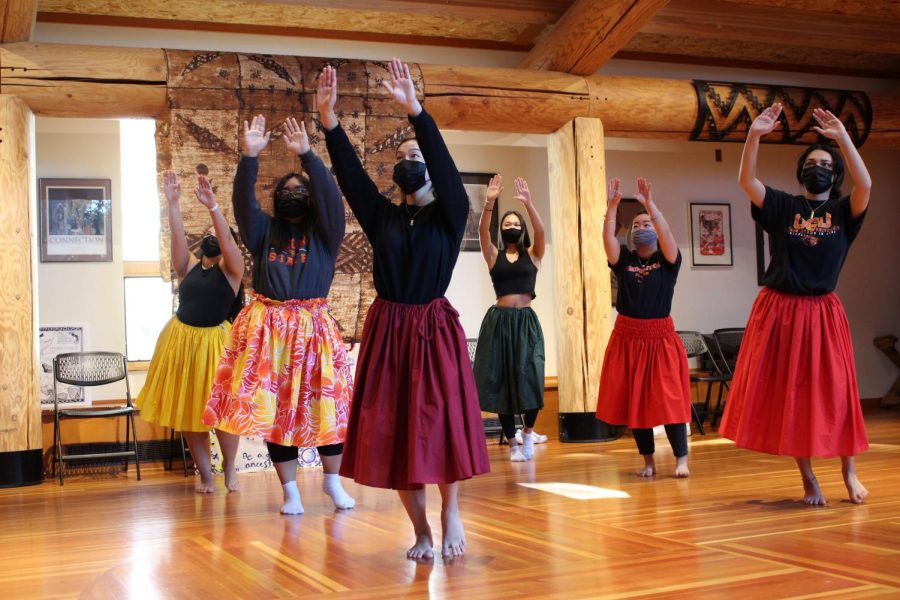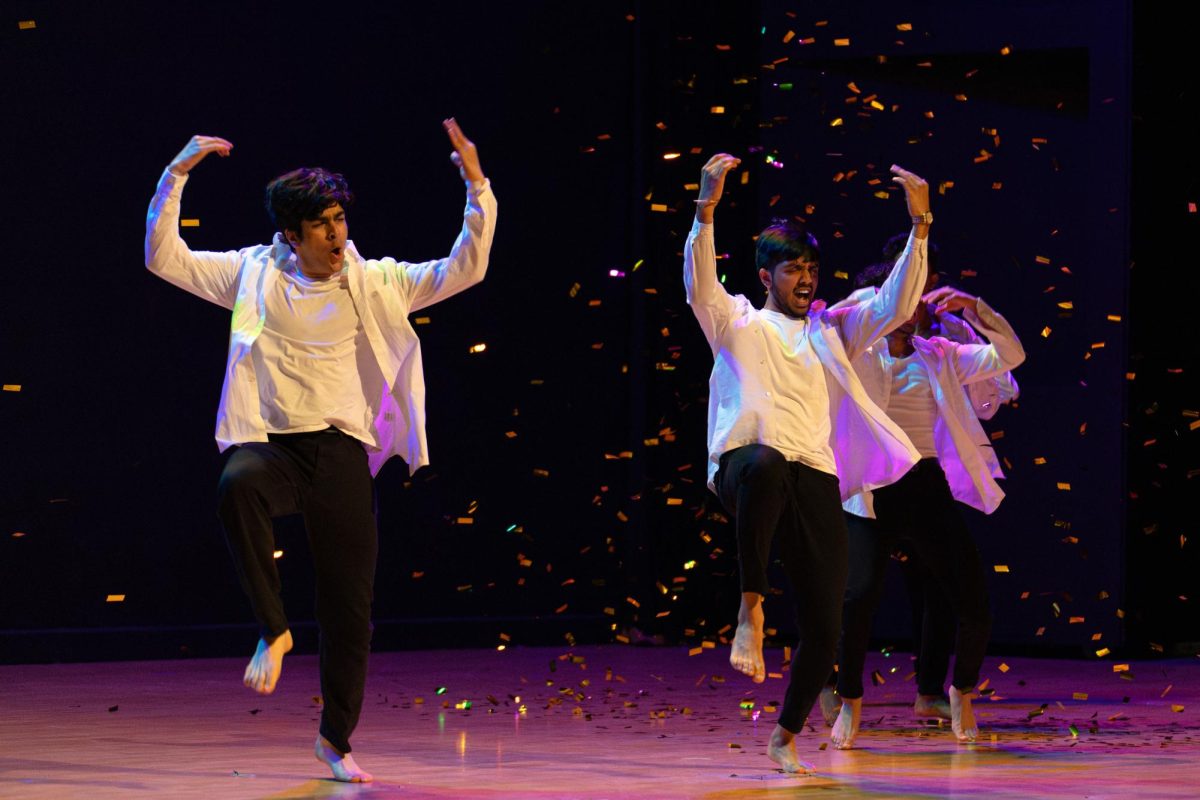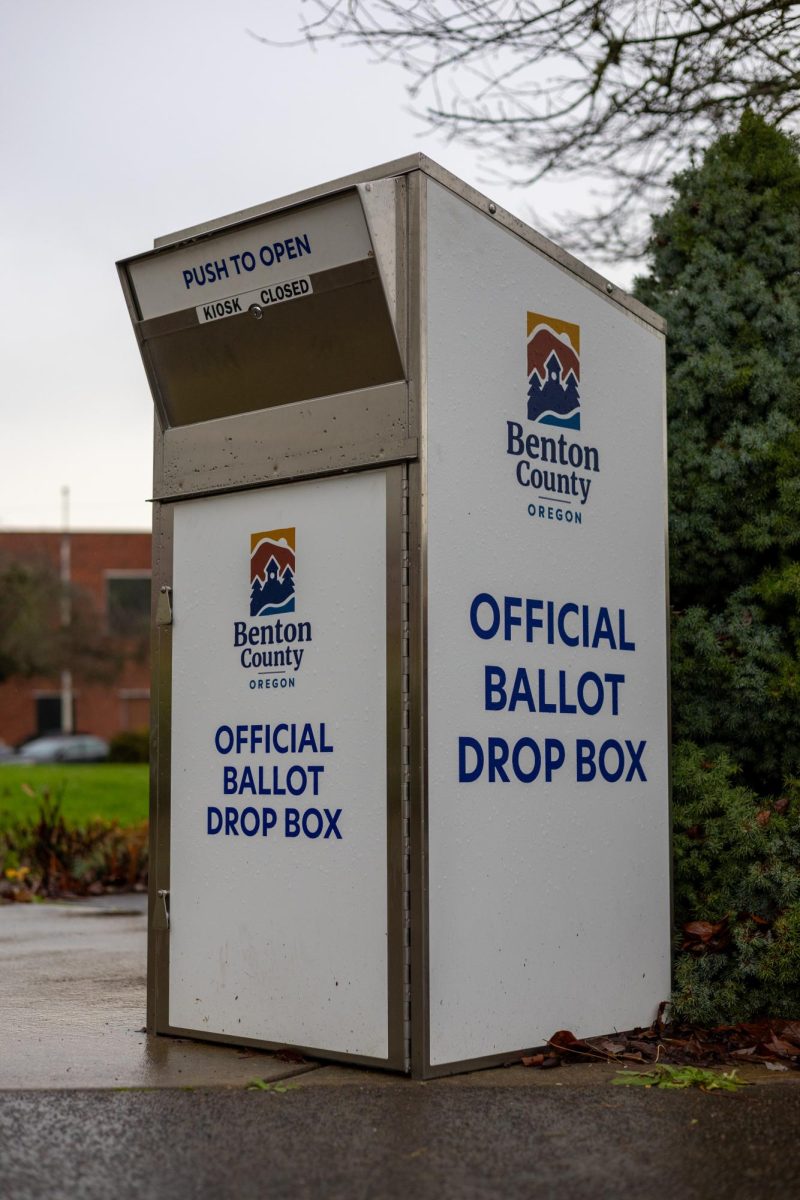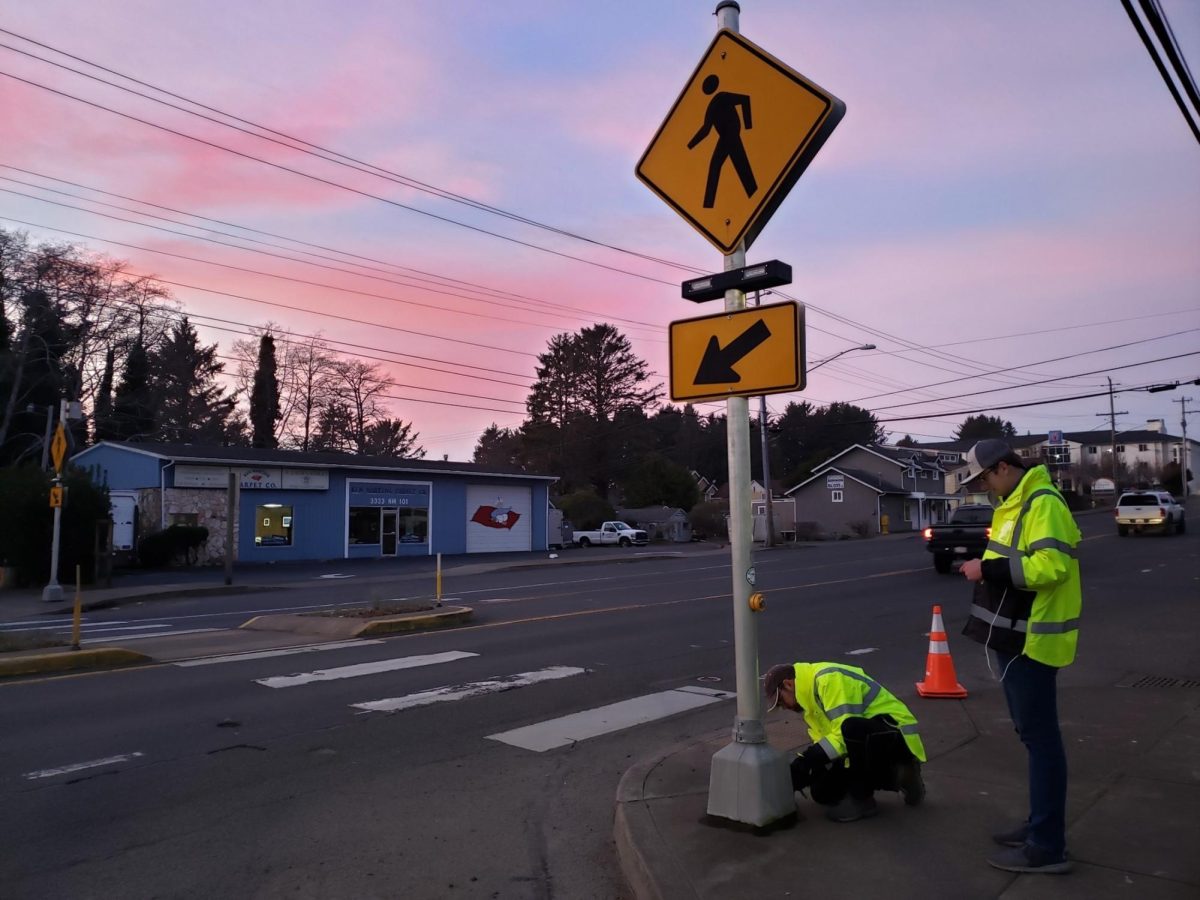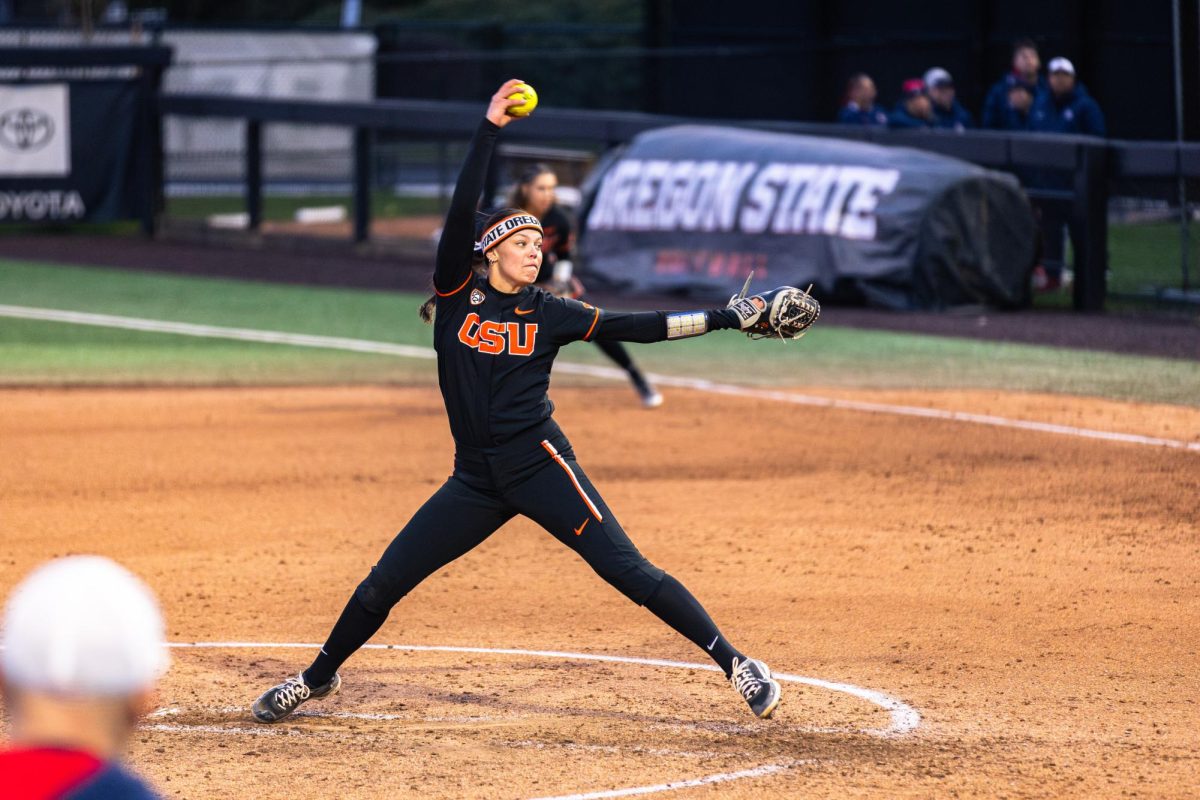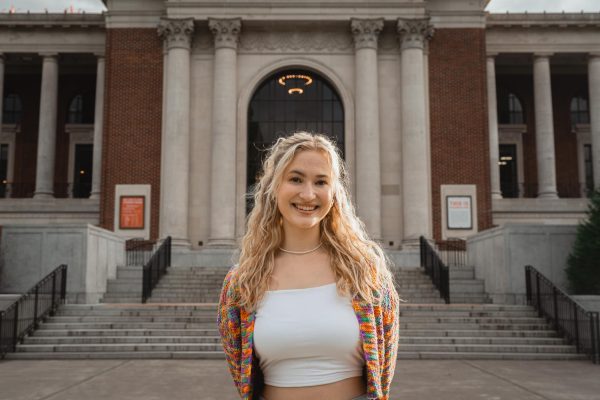Letter to the editor: Solidarity with students of color at OSU
November 18, 2015
We, in the faculty and staff of the Ethnic Studies Program at Oregon State University, stand in solidarity with the courageous students of color who shared their experiences with assembled campus community last night. However, it was deeply unfortunate that the speakout unfolded as two parallel events. At Gill Coliseum, attendees heard stories of marginalization, microaggressions, and resiliency, to be sure. On the livestreamed event, viewers experienced anonymous chats with heinous and vile expressions of racism and threats of violence. We offer our full support and solidarity to the students who spoke out at Gill last night, and to those unable or unwilling to speak out in that public forum. We also reject and condemn the behaviors and attitudes of those whom, with their anonymous posts, sought to disparage the words, and dismiss the experiences of students of color. Those students of color should be commended for taking the risk of coming forward and sharing deeply painful experiences, in order to help educate the larger OSU community.
In addition, the university should clarify why the livestream was conducted with an anonymous, open chatroom, given the virulent racism that is too often the norm in social media. This is in itself an illustration of the point that students of color made last night, that decontextualized inclusivity serves to further marginalize, and fact, harm students of color. This is also the time for all university members to think about and take action to stop hate speech, and address OSU’s lack of protections for those who are subject to intentionally-harassing, violent, and unlawful words. In the spirit of OSU Strategic Plan 3.0, we are all committed to an inclusive community that promotes equity and inclusion.
“Enhancing diversity of the OSU community is essential to attain excellence in our educational, scholarly, and outreach endeavors and to prepare our students to succeed in a globally connected world…”
Diversity is central to the university’s institutional mission and goals. Indeed OSU cannot be a premier land grant university without seeking the value of diversity and committing to equity and inclusion.
But we must thoroughly rethink what diversity means and how it can be achieved in the context of structural inequities and social injustice. A true commitment to diversity, as students described last night, needs to include provisions to expand the presence of students, staff, and faculty of color throughout the campus. It also requires that the university ensures that protections are in place for students of color. Such a commitment demands that we consider how we approach speech activities that demean and defame our community marked by difference, particularly given the racist and homophobic hate speech acts we’ve endured recently. As one of only 21 universities that currently has no protections in place, we should all be asking why OSU is not in conformance with the 300 other universities and colleges across the United States that regulate hate speech acts.
We urge the administration to fully investigate the destructive racist comments that were published last night in response to the speak-out, and to hold those responsible accountable. We also recognize that such blatantly oppressive comments occur alongside the daily macro and microaggressions described by students of color during the speak-out, and are a product of structural and institutional racism. We encourage the campus community to take very seriously both the blatant, violent racism expressed in the live chat, as well as the more covert everyday forms of racism experienced by students of color, and the visible and invisible consequences these have for all. We also urge the university to engage with antiracism and social justice, not as siloed or isolated practices, but as integral to everything we do, from curriculum and teaching, to research, to administration and student services. In congruence with the calls to action articulated by students of color last night, we must consider that the education all students receive at OSU needs to challenge the beliefs and/or ideologies that justify, legitimate, and normalize the interests and/or experiences of a dominant group over those of others. This is essential to creating an inclusive and safe environment for students, faculty, and staff of color. We must address the parts of diversity that extend beyond the numbers and basic protections, and begin making the types of institutional changes that will shape OSU into an environment that includes and values students of color (and their families, histories, and experiences) in meaningful ways, thus encouraging and allowing all to contribute and thrive.
We support students of color through our curriculum, pedagogy, service, outreach and engagement, and through our research and writing. We know firsthand the courageousness and strength it took last night for students to stand up to a microphone and share their stories. We, the Ethnic Studies faculty and staff, commend their efforts and fully support their struggle to transform OSU into a truly inclusive university. We stand with you.
Sincerely,
Dr. Natchee Barnd
Assistant Professor of Ethnic Studies and Native American Studies
Dr. Daniel LópezCevallos
Assistant Professor of Ethnic Studies and Latino/a Studies
Associate Director of Research, Center for Latino/a Studies and Engagement (CL@SE)
Dr. Juan Herrera
Assistant Professor of Ethnic Studies and Latino/a Studies
Dr. Marta Maria Maldonado
Associate Professor of Ethnic Studies and Latino/a Studies
Dr. Ron Mize
Associate Professor of Ethnic Studies and Latino/a Studies
Director, Center for Latino/a Studies and Engagement (CL@SE)
Leonora Rianda
Office Support
Dr. Patti Sakurai
Associate Professor of Ethnic Studies and Asian American Studies
Dr. Robert Thompson
Associate Professor of Ethnic Studies and African American Studies



